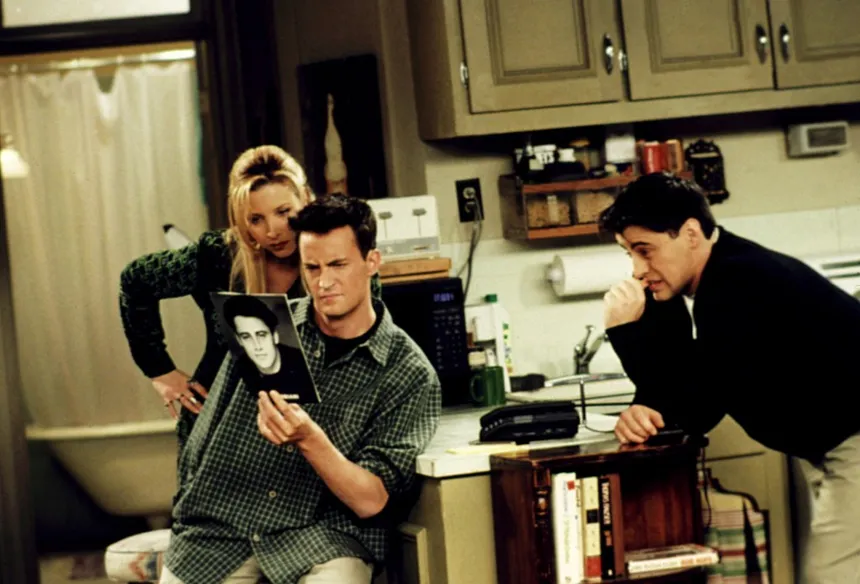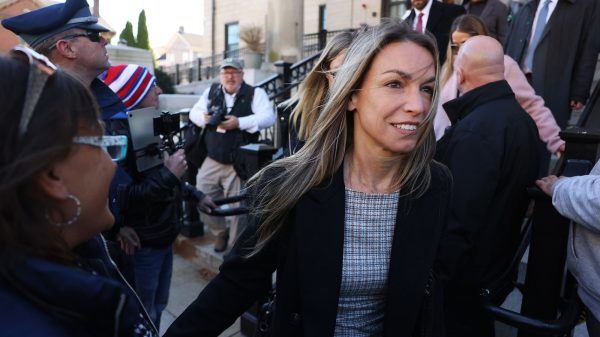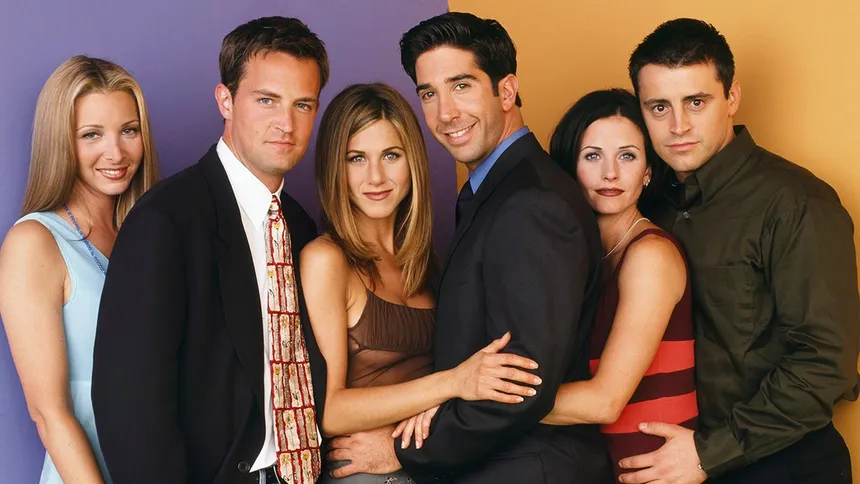Friends, the iconic sitcom that ruled television for a decade, is facing renewed scrutiny due to its problematic portrayals of gender, sexuality, and lack of representation. Despite its undeniable cultural impact, the show’s outdated humor and stereotypes have become increasingly apparent with the benefit of hindsight. The show’s focus on the lives of six twenty-somethings in New York City, which once resonated with audiences, has aged poorly. The humor often relies on stereotypes, fat-shaming, and homophobic jokes, issues that would not be tolerated today.
The show’s treatment of gender and sexuality is particularly concerning. Blatant misogyny and transphobic jokes are no longer defensible, and the show’s attempts to address these issues, such as Monica and Chandler’s surrogacy storyline, are often clumsy and perpetuate stereotypes.

A Still From Friends (Via IMDB)
Moreover, Friends lacks diversity, with a predominantly white cast and limited representation of other marginalized groups. This lack of diversity perpetuates harmful narratives and undermines its claim to cultural universality.
As society progresses, critical viewing of past media reveals its shortcomings, which raises questions about the lasting relevance of content that once entertained but now perpetuates outdated ideas. With streaming platforms offering access to a vast library of diverse and inclusive content, it is questionable whether Friends can withstand scrutiny in the current cultural terrain. The show’s problematic portrayals, outdated humor, and lack of diversity have come to the forefront, casting a shadow over its once-universal appeal.
























